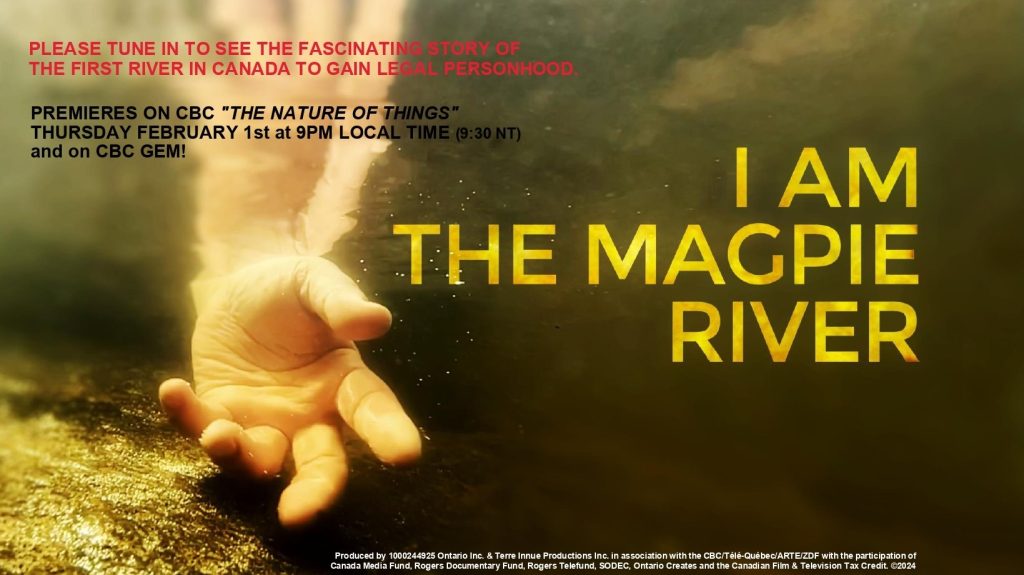The Rights of a River
The rights of a river
By recognizing legally enforceable rights for rivers, we embrace an innovative and deeply necessary ecological vision. This manifesto underscores the importance of seeing our waterways not just as resources but as living entities with the inherent right to exist, regenerate, and flourish. Through these rights, we acknowledge that rivers and the ecosystems they support are crucial actors in our environment, deserving of our respect and protection.
This commitment to rivers is also a commitment to ourselves and future generations. By defending these rights, we become aware of our collective responsibility to preserve and celebrate these natural treasures. The idea of a governance system centered on ecology and the community of life offers a new perspective, where the voices of rivers are heard and respected, and where local communities play a key role in their protection. This text is a call to action for all who feel connected to these natural wonders, inviting us to unite in safeguarding our beloved rivers.
The right to exist and flow
Every river possesses a sacred right to existence, inalienable and immutable. Every river has the privilege of following its natural course, flowing at a natural pace, and flourishing with or without minimal human interference.
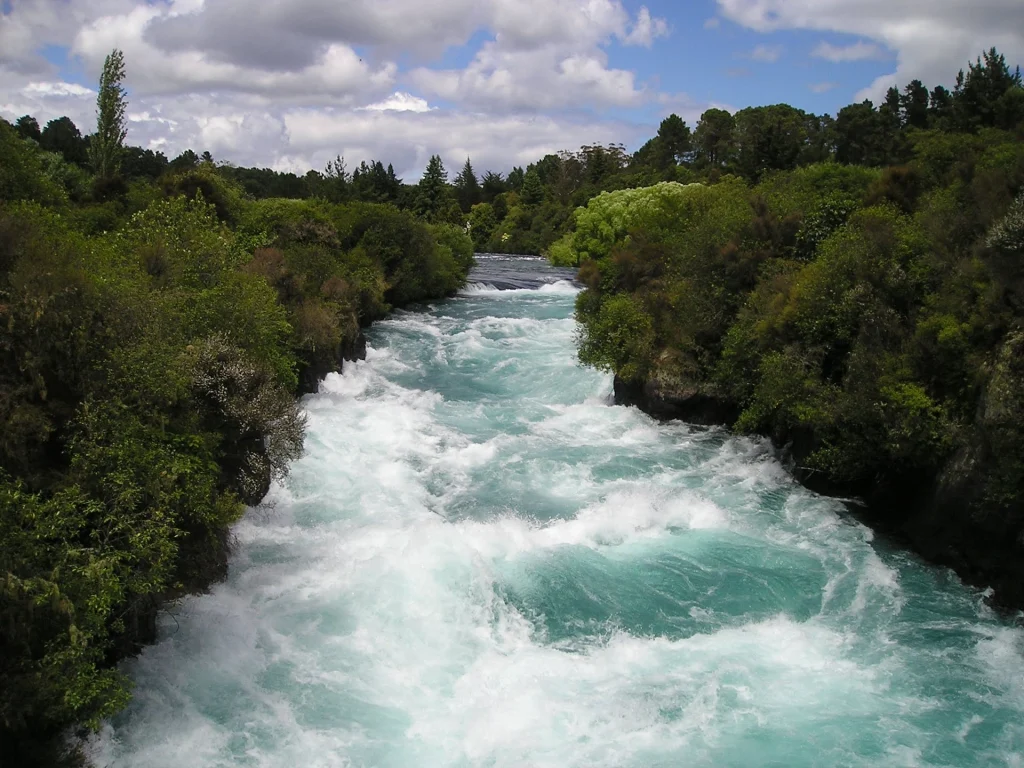

The right to respect for its vital cycles
Rivers have seasonal cycles essential to the proper functioning of the river system and the ecosystems dependent on it. This right protects them from artificial disturbances, ensuring they can follow their natural rhythms, such as spring floods and summer low waters.
The right to maintain its natural biodiversity
Each river, as a unique ecosystem, holds the right to preserve its natural wealth. This means it has the right to house a multitude of plant and animal species that contribute to its diversity and balance.
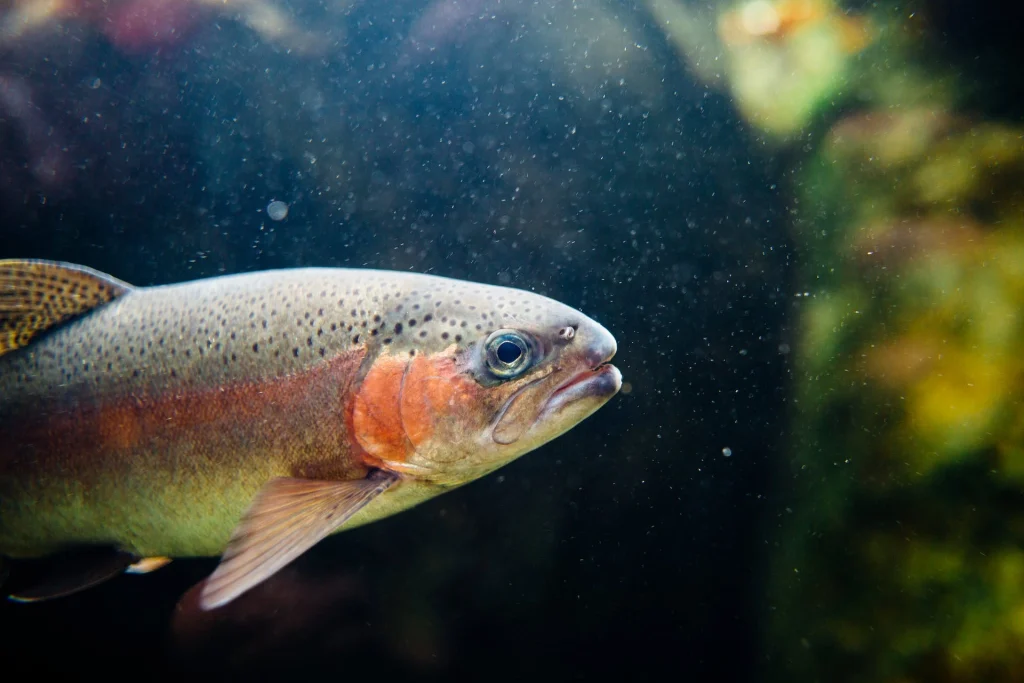
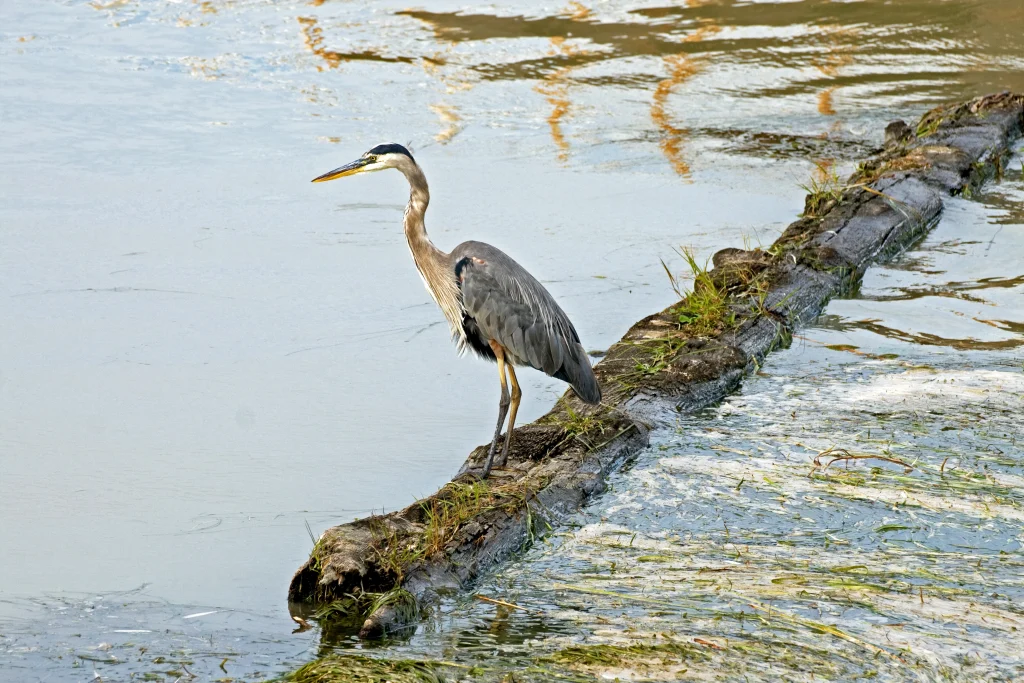
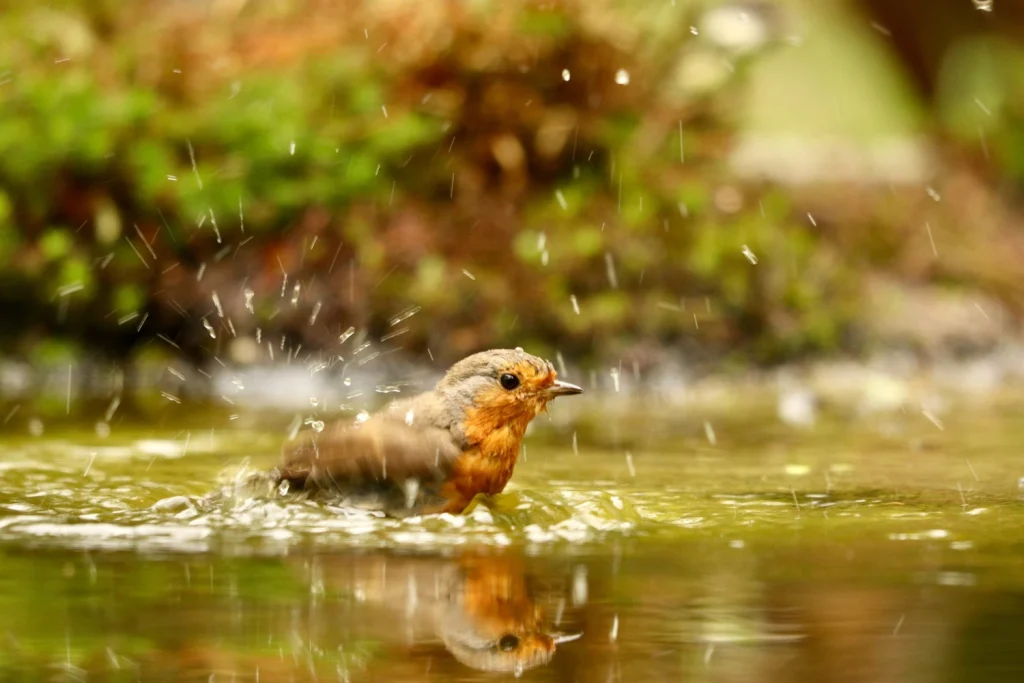

The right to maintain its integrity
Rivers have the right to preserve their natural structure and functioning. They must be preserved in a way that maintains their natural processes and dynamic balance, including their ability to provide invaluable ecological services to the non-human species that live in them.
The right to preserved banks and floodplains
The banks and floodplains of rivers, these crucial buffer zones between land and water, are worthy of respect and protection. They must be preserved from excessive development, anthropogenic degradation, and pollution, to maintain habitat and water quality.

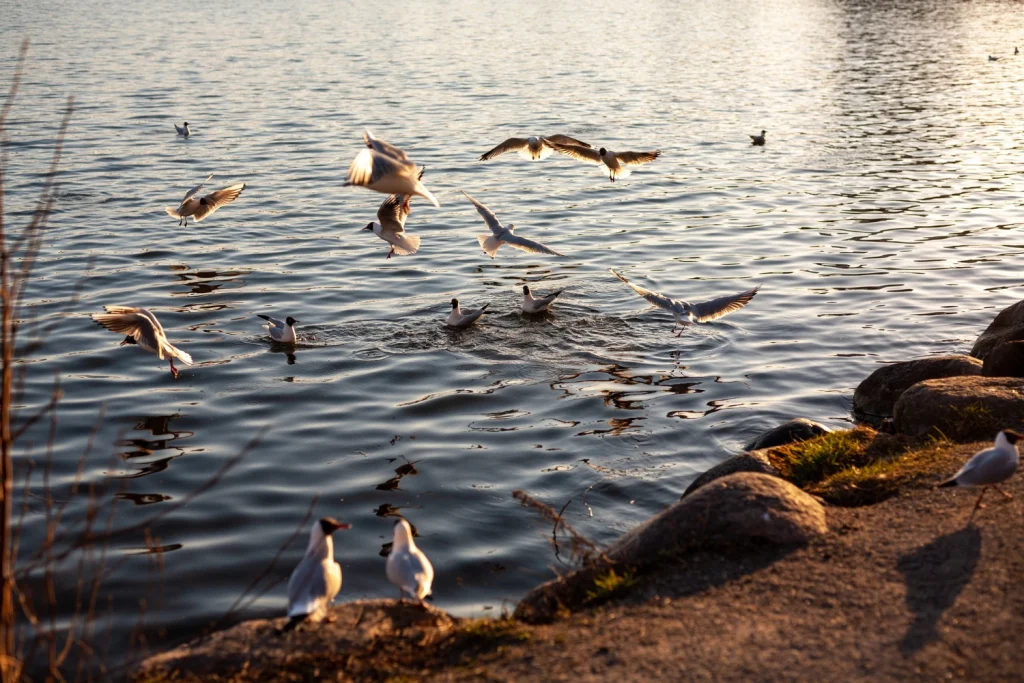
The right to perform essential functions within the ecosystem
Rivers and the river corridor they are part of play a fundamental role in hydrological regulation, contaminant filtration, and support of both aquatic and terrestrial ecosystems. They have the right to continue performing these vital functions.
The right to feed and to be fed by aquifers and tributaries
Rivers depend on tributaries and groundwater inputs to maintain a normal hydrological regime. This right ensures their access to these inputs and the protection of the entities (i.e., wetlands and water bodies) providing these valuable contributions.
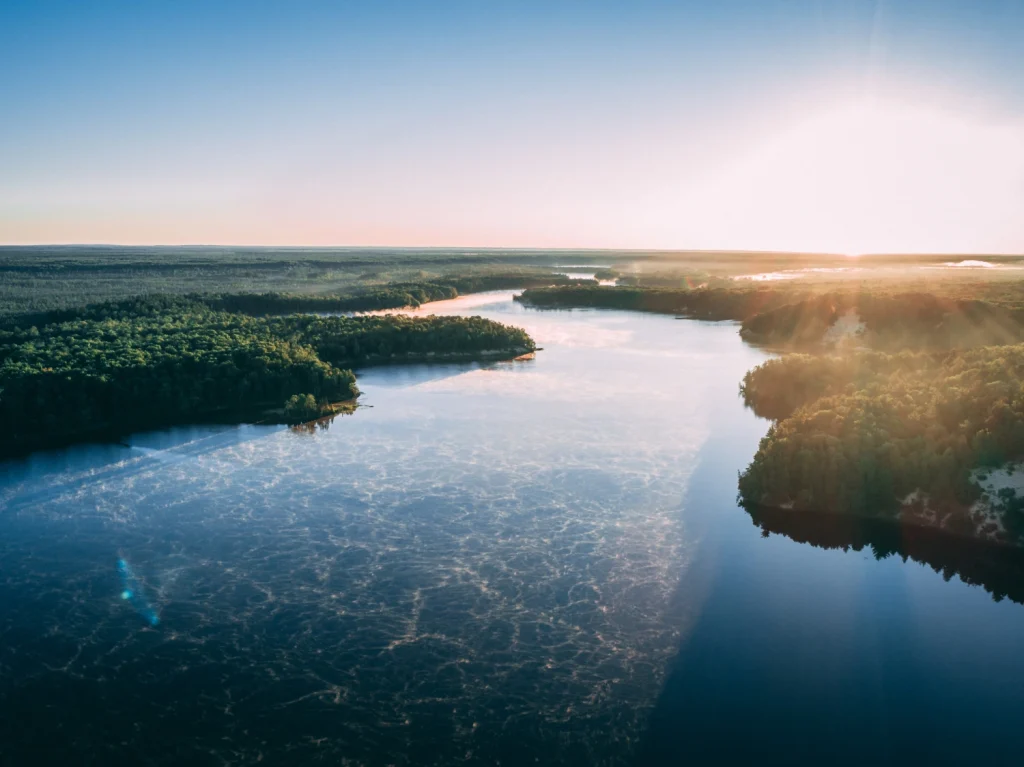

The right to be freed from all contamination
Every river has the right to remain free from any form of pollution that significantly degrades its existence. This right protects it from major industrial, agricultural, or urban impacts that threaten its health and its ability to provide a quality habitat for the species that depend on it over the long term.
The right to regeneration and restoration
Rivers have the right to naturally regenerate, but also to benefit from restoration measures when necessary to restore their natural functioning. This ensures their continuity and vitality.

The right to act in law
Rivers deserve to be defended in court by legal representatives who ensure that their rights are respected and protected. This right gives them a voice in case of threat or violation.

Discover the documentary 'I am the Magpie River'
The first river in Canada to acquire legal personality. A symbol of the fight for the rights of Nature and justice. For more information on the documentary ‘I am the Magpie River’, visit the article: A new era for nature’s rights.
